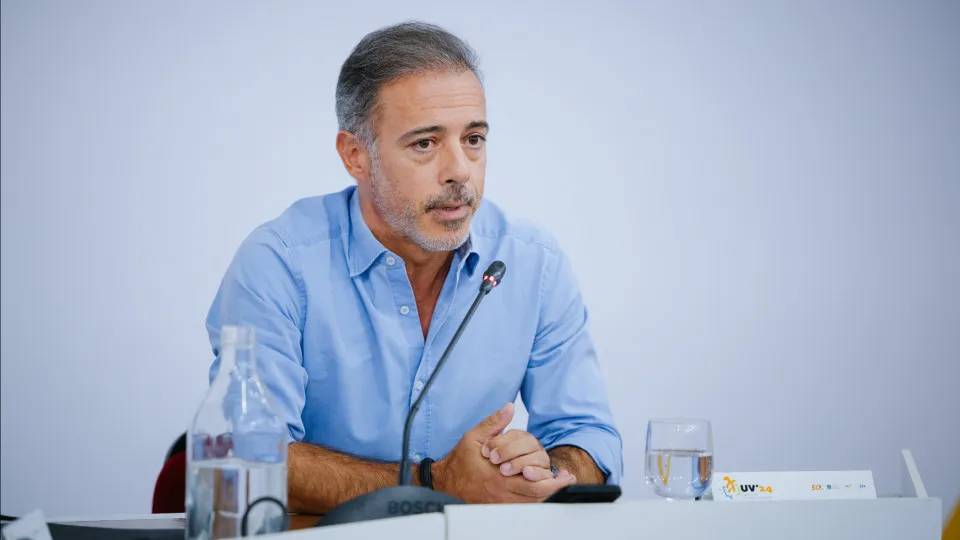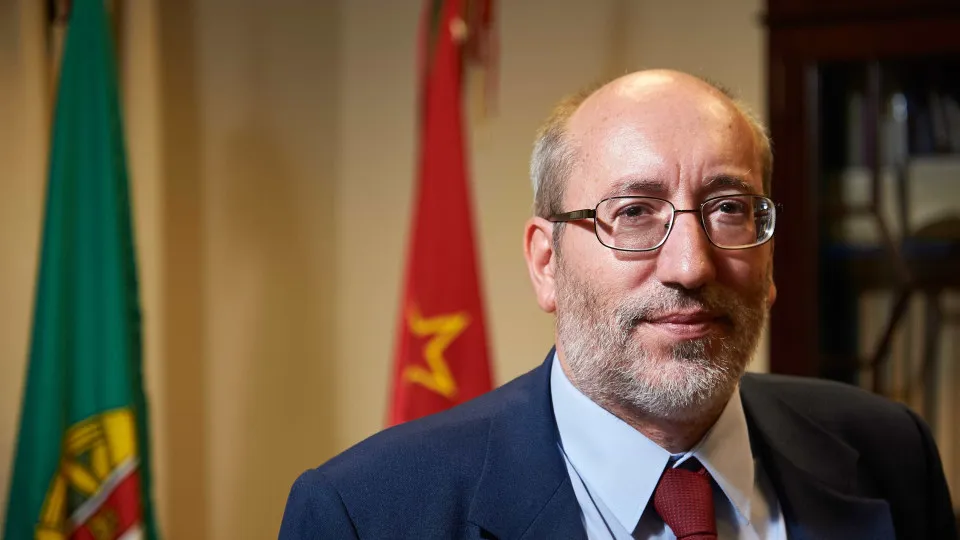
On October 12, the PSD/CDS-PP/IL coalition successfully elected Pedro Duarte as the president of the municipal council along with five additional councilors: Catarina Araújo (CDS-PP), Gabriela Queiroz (PSD), Rodrigo Passos (PSD), Hugo Beirão Rodrigues (IL), and Matilde Gouveia Rocha (IL).
The Socialist Party also secured six councilors, with Manuel Pizarro, Fernando Paulo, Francisca Carneiro Fernandes, Jorge Sobrado, Jorge Garcia Pereira, and Marta Sá Lemos taking office.
The Chega party elected one councilor, Miguel Corte-Real.
In his victory speech on October 12, Pedro Duarte, who succeeds Rui Moreira, stated that he was not only elected as the new mayor of Porto but also as “a new leader for the North of Portugal,” expressing gratitude to the city for knowing “what it wants for its future.”
The distribution of responsibilities among the elected councilors is yet to be determined. However, at the time of submitting the lists to the municipal bodies in court, Pedro Duarte expressed that he would hold the Culture portfolio and, this Sunday, revealed to Jornal de Notícias that he would also manage the Security portfolio, which is a new addition.
Catarina Araújo, the second on Pedro Duarte’s list, will assume the vice-presidency.
The increase in police presence on the streets and free public transport for all Porto residents were two major measures promised by Pedro Duarte during an election campaign focused on security, immigration regulation, and protests against the advancement of the metrobus project’s second phase.
Following the swearing-in of the municipal executive, scheduled for 18:00, the election of the president of the Municipal Assembly and the secretaries of the board will take place at 21:30 at the Town Hall.
No elected force holds an absolute majority in this municipal body.
For the Municipal Assembly, the PSD/CDS-PP/IL coalition elected 15 municipal deputies, the PS secured 13, the Chega four, the Livre two deputies, and the independent movement led by Filipe Araújo also elected two, as did the CDU (PCP-PEV), while the Left Bloc elected a single deputy.
In the parish councils, whose presidents are members by virtue of the Municipal Assembly, the PSD/CDS-PP/IL coalition won five out of seven councils (Ramalde, Bonfim, Lordelo do Ouro and Massarelos, Paranhos, and Aldoar, Foz do Douro and Nevogilde) and the PS won the remaining two (Centro Histórico do Porto and Campanhã).
Among the parish assemblies won by Pedro Duarte’s coalition, only Paranhos and the Union of Parishes of Aldoar, Foz do Douro, and Nevogilde also succeeded in the election for the Assembly Board without needing agreements, a source from the former Minister of Parliamentary Affairs’ campaign told Lusa.
In Lordelo do Ouro and Massarelos, the PSD/CDS-PP/IL coalition made an agreement with the PS to win the Assembly Board election, and in the Bonfim parish, the coalition opted for an agreement with the single elected representative from the independent movement of Filipe Araújo.
In Ramalde, where the president is Patrícia Rapazote (PSD/CDS-PP/IL), the Socialist Party presented a list that ultimately won the election for the Assembly Board.
In the councils won by the PS, the party managed to win the Assembly Board election in Campanhã but did not succeed in the Centro Histórico, where the PSD presented a list that emerged victorious.




